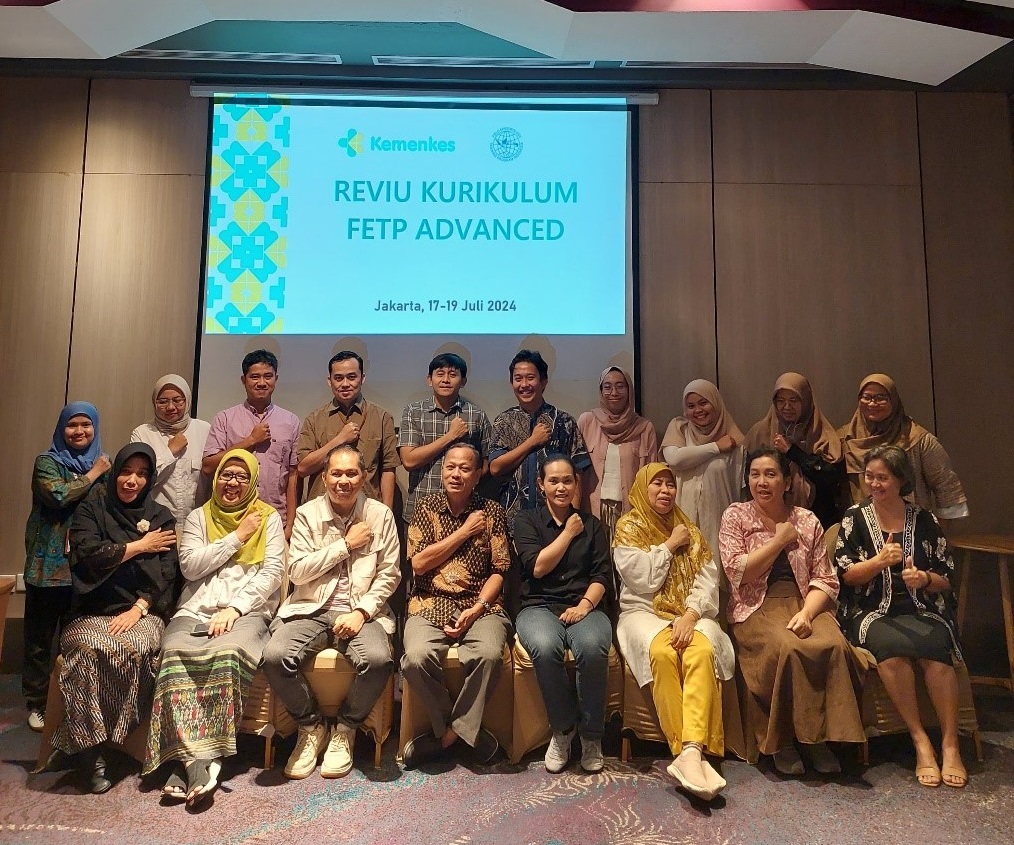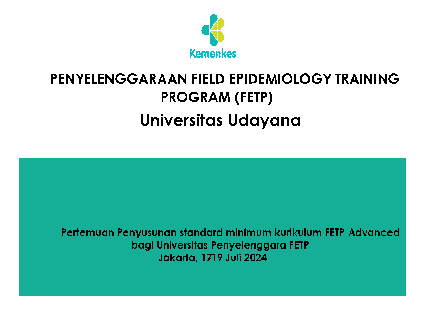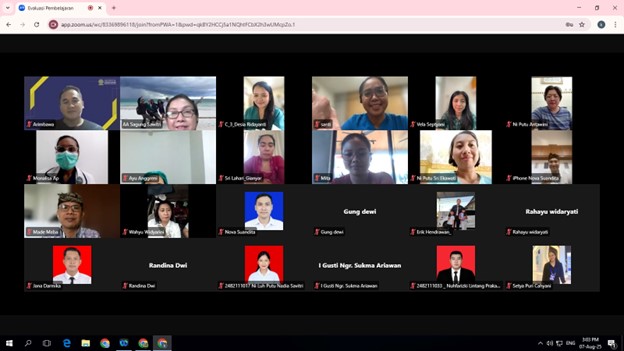Discussion on the Standard Curriculum for FETP at Seven Universities in Indonesia
Held at the Mercure Sabang Hotel in Jakarta, representatives from seven universities that offer the Field Epidemiology Training Program (FETP) in Indonesia gathered from July 17-19, 2024, to discuss the future standard curriculum for FETP. Udayana University’s Master of Public Health Study Program, as one of the organizers, participated to present the current curriculum used in Udayana University's FETP.
The meeting was opened by the Head of the Surveillance Working Group of the Indonesian Ministry of Health. The event was attended by representatives from the seven universities offering FETP in Indonesia, representatives from CDC Indonesia, FETP Indonesia, and the Indonesian Ministry of Health.
The event began with a presentation on the global FETP curriculum standards by Ms. Yekti from CDC Indonesia. Her presentation outlined four main competencies required by the CDC: the ability to conduct outbreak investigations, evaluate surveillance, communicate scientific findings through posters, oral presentations, and manuscripts, and conduct planned epidemiological research. These competencies are to be achieved in a field curriculum lasting at least 68 weeks.

The event continued with presentations of each university's curriculum. There was a considerable variation in implementation, although all universities followed the curriculum based on the four core competencies. These variations were influenced by policies from the Ministry of Education, university policies, and postgraduate level policies where the FETP is managed at each university.
Despite these differences, an effort was made to review each sub-component and requirement in the Tephinet Global curriculum and agree on what components could be achieved at the universities. By the end of the meeting, a fundamental agreement had not been reached concerning the 68-week field learning duration. This was due to differing fundamental concepts, where Tephinet views FETP as a training program, while in Indonesia, FETP is considered an academic program where theoretical content cannot be omitted. It was agreed that further discussions would be held on an agreed date after each university attempts to map the curriculum based on the meeting’s agreements.
Despite the disagreements, all parties recognize the importance of FETP education at universities, emphasizing the need to maintain and continuously improve its quality to significantly benefit health development in Indonesia. For Udayana University's FETP, this represents a continuous effort to enhance educational quality and a tangible contribution to education, producing high-quality outputs for national and global interests.




MEDICAL FACULTY